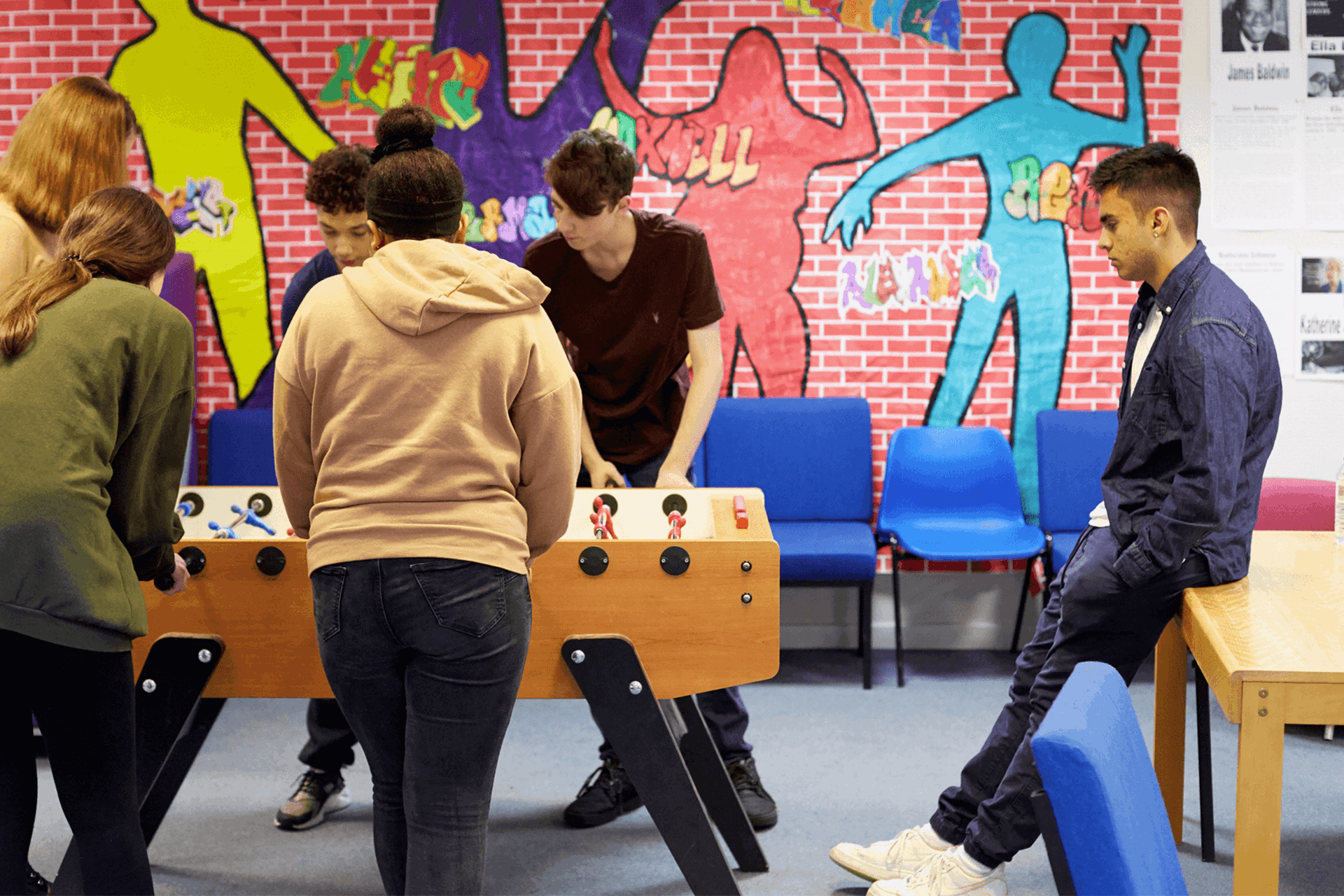Topics mentioned: exam stress, self-care
About: If revision and exams are getting you down or causing you stress or anxiety, you’re not alone. Honor shares her tips to help you get through this time.
As exam season approaches, you might be feeling the pressure to succeed in your exams.
The constant insistence of family and friends telling you to revise can become stressful, particularly if you struggle with anxiety. While this is an important time in your life, your mental health is just as significant - in order to achieve your best, you have to mentally believe that you can achieve your best.
Here are my tips on how to revise and stay mentally healthy throughout exam season!
The constant insistence of family and friends telling you to revise can become stressful, particularly if you struggle with anxiety.
Find a balance
The most important thing for me is to use my time wisely, and find a balance between revising and spending time doing the things I enjoy. Constantly revising without a break can make you feel emotionally and physically drained, so it’s crucial that you take time to step back and do something that you enjoy. Whether it’s a hobby, or getting some rest, it can help you to recharge. It also lets your brain digest what you’ve just revised, instead of cramming lots of information in at once.
The most important thing for me is to use my time wisely, and find a balance between revising and spending time doing the things I enjoy.
Stay in touch with friends
Another thing that helps my mental health while revising is staying in regular contact with my friends. I’ve found that talking to my friends about revision and the anxiety of what’s to come, reminds me that I’m not alone. Often my friends are feeling the same nervous feelings, which are completely normal to have when preparing for exams.
I’ve found that talking to my friends about revision and the anxiety of what’s to come, reminds me that I’m not alone.
Be organised
I went through a depressive episode while I was revising for my GCSEs. This was mainly down to the fact that I didn’t set a plan of what I needed to revise. It was all a big mess and the stress of not knowing where to start triggered my depressive episode.
Like me, you may find that stress can affect you both physically and mentally. Try creating a plan of what you need to do, or put each subject in order of what you need to revise first, to eliminate some of the stress that can cloud your mind. Being organised can help you approach your revision in a manageable way, and helps if you find yourself crumbling under stress.
Try creating a plan of what you need to do, or put each subject in order of what you need to revise first, to eliminate some of the stress that can cloud your mind.
Separate where you rest and revise
When I was revising for my GCSEs, I made the mistake of blending the places where I revised and where I rested. I started to do a lot of revision in my bedroom, but I found it hard to get away from revision when I wanted to rest or sleep – everywhere I looked there were papers and flashcards looming over me.
Instead of resting when I needed to, I was anxious about not using this time to revise. So I decided to do all of my revision in the local library or my living room instead. This helped me to escape when I walked into the private space of my bedroom, and I no longer felt guilty for not revising.
I started to do a lot of revision in my bedroom, but I found it hard to get away from revision when I wanted to rest or sleep – everywhere I looked there were papers and flashcards looming over me.
Set up study dates
Even though it’s a good idea to separate your social life and study life, one thing I found that really helped me was setting up study dates with my friends to all revise together. I found it was more relaxing and I enjoyed revising instead of getting anxious about it. It also meant I could get help and support from my friends. It’s a great way to give you a confidence boost!
All these little things really helped me to stay on track, maintain a positive mind set and keep myself mentally healthy whilst revising. Even if it’s just changing some little things, it can really make a big difference.
More information and advice
We have tips and advice to help you find the support you need. Take a look at our guides.
Where to get help
However you're feeling, there are people who can help you if you are struggling. Here are some services that can support you.
-
Childline
If you’re under 19 you can confidentially call, chat online or email about any problem big or small.
Sign up for a free Childline locker (real name or email address not needed) to use their free 1-2-1 counsellor chat and email support service.
Can provide a BSL interpreter if you are deaf or hearing-impaired.
Hosts online message boards where you can share your experiences, have fun and get support from other young people in similar situations.
- Opening times:
- 24/7






